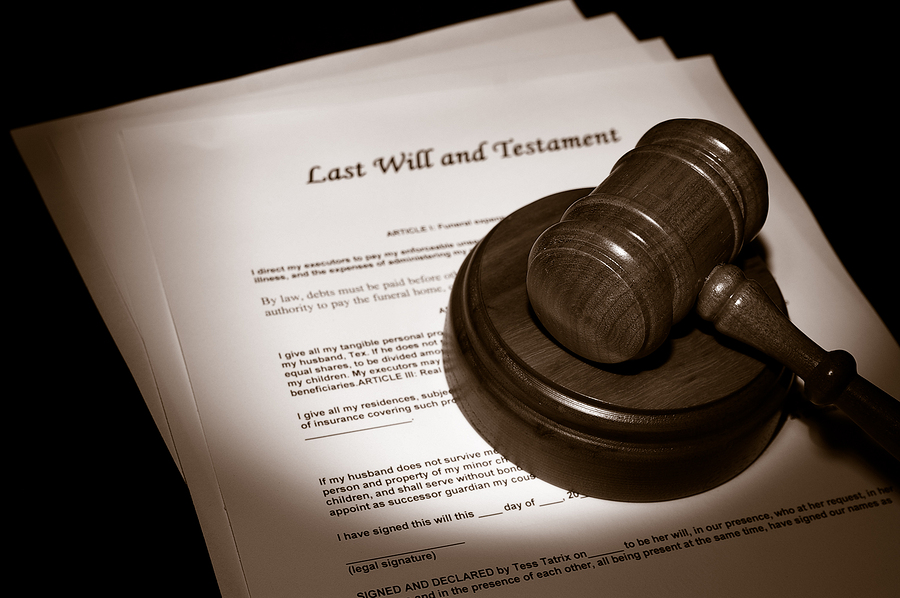Charles Dickens’ Bleak House and its Bleak Outlook on Inheritance Disputes
 Over the course of 20 months between March 1852 and September 1953, Charles Dickens published installments of what would become known as one of his best novels—Bleak House. It is known as one of his best due to the intricate and complex weaving of characters throughout the main plot and sub-plots of the book.
Over the course of 20 months between March 1852 and September 1953, Charles Dickens published installments of what would become known as one of his best novels—Bleak House. It is known as one of his best due to the intricate and complex weaving of characters throughout the main plot and sub-plots of the book.
And what topic could include this level of complexity? None other than inheritance disputes. Anyone who has ever mediated an inheritance dispute will immediately understand how this subject could be so tense with complex character drama. It’s because inheritance disputes, themselves, are some of the most complex to mediate—particularly because they involve intense emotions involving family members that have likely been building for decades (or even generations). The complexity is so thick you could cut it with a knife.
The case within the book is Jarndyce v. Jarndyce, an inheritance dispute in which “[i]nnumerable children have been born into the cause; innumerable old people have died out of it.” By the end of the novel, litigation has ruined a once noble and wealthy family to such an extent that there is nothing left to squabble over. Dickens’ most genius assertion here is that inheritance disputes can be long, complicated and full of enough emotion to drown several households put together, especially if they all share common bloodlines.
A more recent inheritance dispute involving £200,000 left by Daphne Burgess to her daughters Julia Hawes and Libby Burgess ended in much the same way as Dickens’ tale—so much so that the judge even referred to the novel. After dragging the inheritance sum through litigation, Burgess’ son Peter ensured that none of the money was left to give anyone. According to an article published in the U.K.’s Daily Mail, one of the judges involved with the Burgess case, Lord Justice Mummery, “compared the case with the infamous lawsuit in Charles Dickens’s Bleak House: ‘It may be recalled that the foggy family law suit in Jarndyce v. Jarndyce dragged on before the Lord Chancellor for generations until nothing was left for the parties to take.’” Lord Justice Mummery also stated that, “The cost of contesting Mrs. Burgess’ will is a calamity for this family in every way. Even worse are the human consequences for a once close-knit and loving family.”
Although not all inheritance disputes end like this, it is important to stress to your clients that there might be some fights not worth taking on, especially if there will be no “winner” on the other side of the fight. When everyone loses, why bother disputing the inheritance in the first place?









